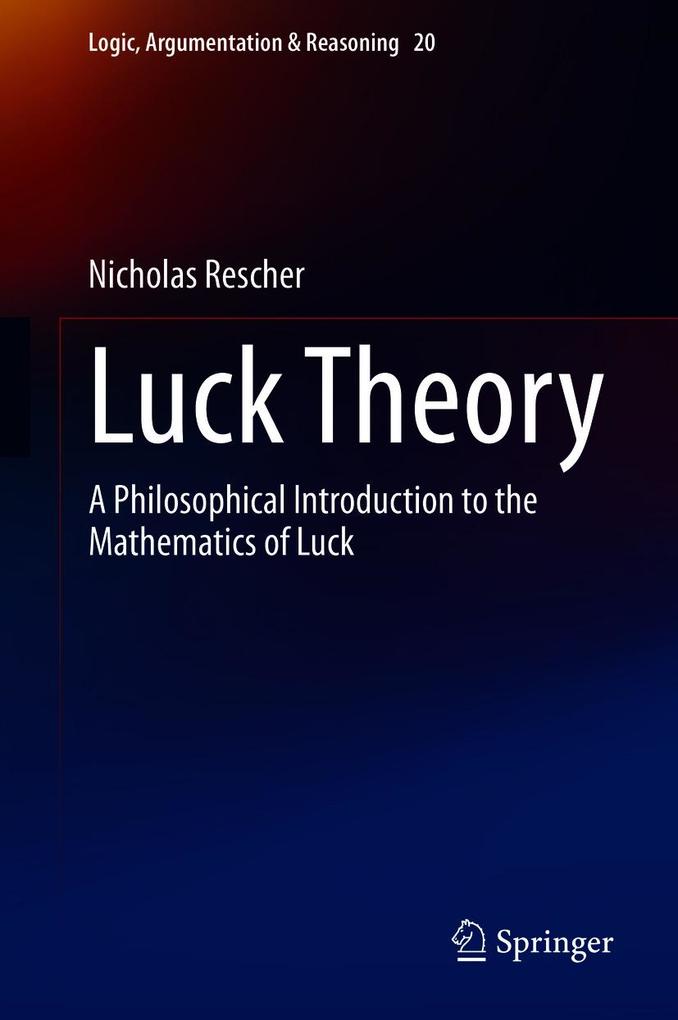
Sofort lieferbar (Download)
This book is an original-the first-ever treatment of the mathematics of Luck. Setting out from the principle that luck can be measured by the gap between reasonable expectation and eventual realization, the book develops step-by-step a mathematical theory that accommodates the entire range of our pre-systematic understanding of the way in which luck functions in human affairs. In so moving from explanatory exposition to mathematical treatment, the book provides a clear and accessible account of the way in which luck assessment enters into the calculations of rational decision theory.
Inhaltsverzeichnis
1. Chancy Outcome Situation. - 2. Outcome Luck Assessment and the Luck Equation. - 3. Variant Approaches to Luck. - 4. Some Illustrative Examples. - 5. Luck in Success/Failure Situations. - 6. Basic Luck Theorems. - 7. Luck and Risk. - 8. Managing Luck.
Produktdetails
Erscheinungsdatum
22. Januar 2021
Sprache
englisch
Auflage
1st ed. 2021
Seitenanzahl
90
Dateigröße
3,01 MB
Reihe
Logic, Argumentation & Reasoning
Autor/Autorin
Nicholas Rescher
Verlag/Hersteller
Kopierschutz
mit Wasserzeichen versehen
Produktart
EBOOK
Dateiformat
PDF
ISBN
9783030637804
Entdecken Sie mehr
Bewertungen
0 Bewertungen
Es wurden noch keine Bewertungen abgegeben. Schreiben Sie die erste Bewertung zu "Luck Theory" und helfen Sie damit anderen bei der Kaufentscheidung.










